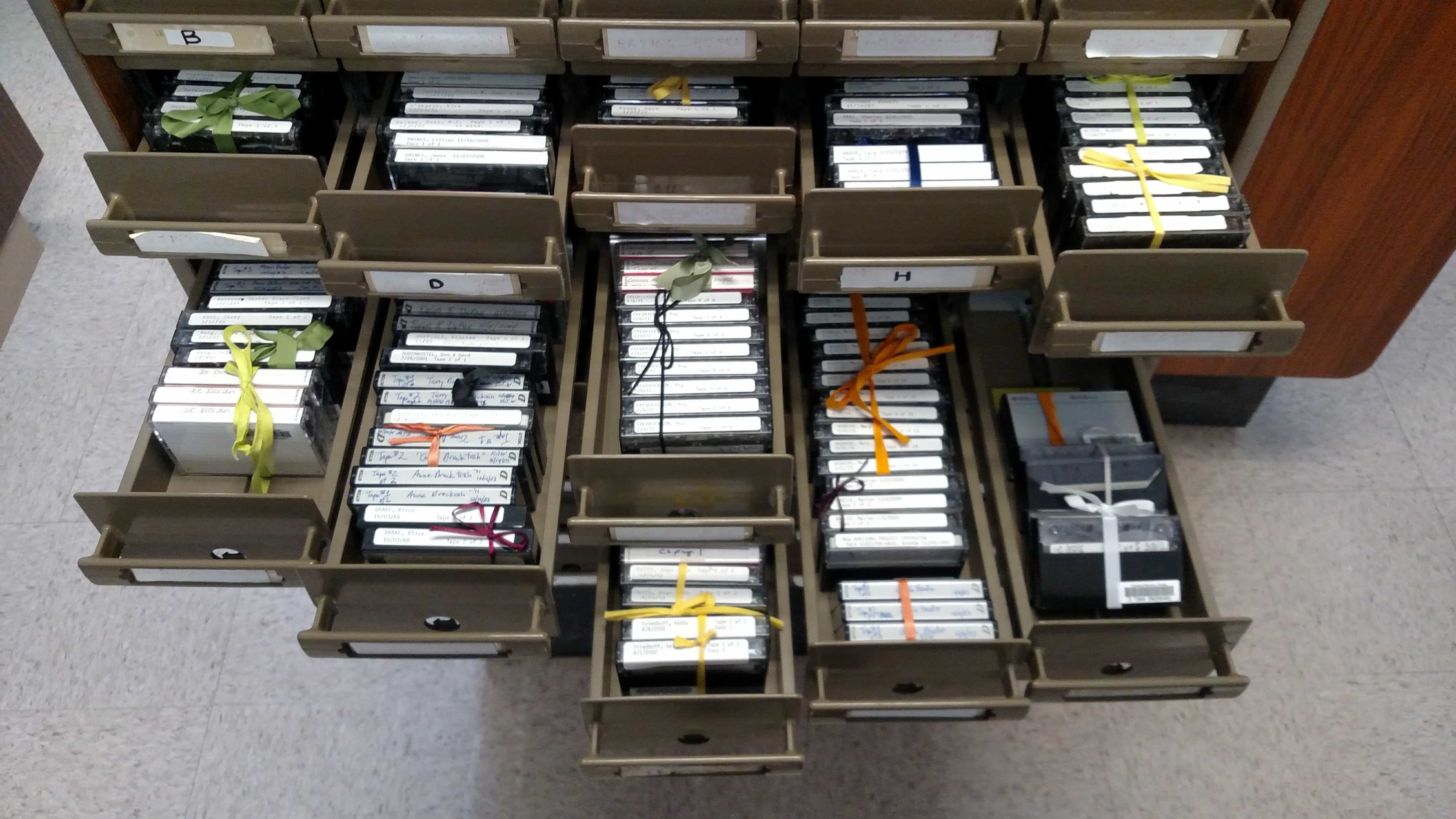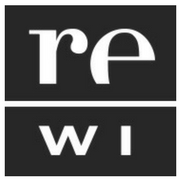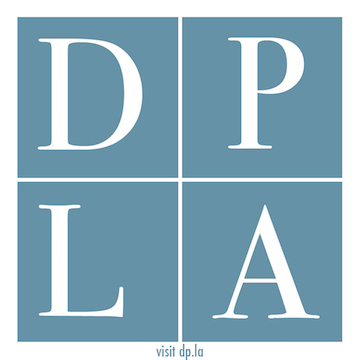Right after a snowstorm hit us on Saturday, I drove through subzero temperatures to spend a few days in La Crosse! La Crosse is a college town with a vibrant downtown right on the Mississippi River. I spent a full day at the La Crosse Public Library and the next day in the UW La Crosse Special Collections & Area Research Center.
The Archives & Local History Room in the La Crosse Public Library is housed on the second floor, with shelves upon shelves of reference material as well as a dedicated stacks area. The Archives is especially used by genealogists researching family history. I was there for three collections in particular: Veterans History Project, an oral history program done in the early 2000s by students at LaCrossroads School; The Road She Traveled, interviews done by Longfellow Middle School students in conjunction with the La Crosse League of Women Voters; and StoryCorps, interviews from summer 2010 when the StoryCorps mobile booth partnered with Wisconsin Public Radio at the library.
The next day I went to UW La Crosse to do an inventory of wartime oral histories done as part of the longstanding Oral History Program, which has been actively collecting stories since the 1960s. While the collection has close to 900 interviews, I worked with staff to choose roughly 200 for our purposes. That’s a lot of interviews! Recorded from the 60s onwards, the interviews include subjects such as women’s experiences on the homefront (including playing baseball!), Hmong immigration to the area after the Vietnam War, and veteran stories – even one veteran’s story from the Spanish American War of 1898, which we certainly didn’t expect to find!
We really appreciate the fantastic staff members of the Public Library and the Archives for letting me in for a whole day to work on their collections, especially so close to the holidays. Our inventory wouldn’t be the same without you!
Dana Gerber-Margie will be writing a series of dispatches from travels all over Wisconsin at cultural institutions, from libraries, archives, museums, historical societies, and the memory organizations in-between. We have this rare opportunity thanks to our NEH grant-funded yearlong project, Listening to War: Uncovering Wisconsin’s Wartime Oral Histories. You can read more about it by visiting recollectionwisconsin.org/wioralhistory.










